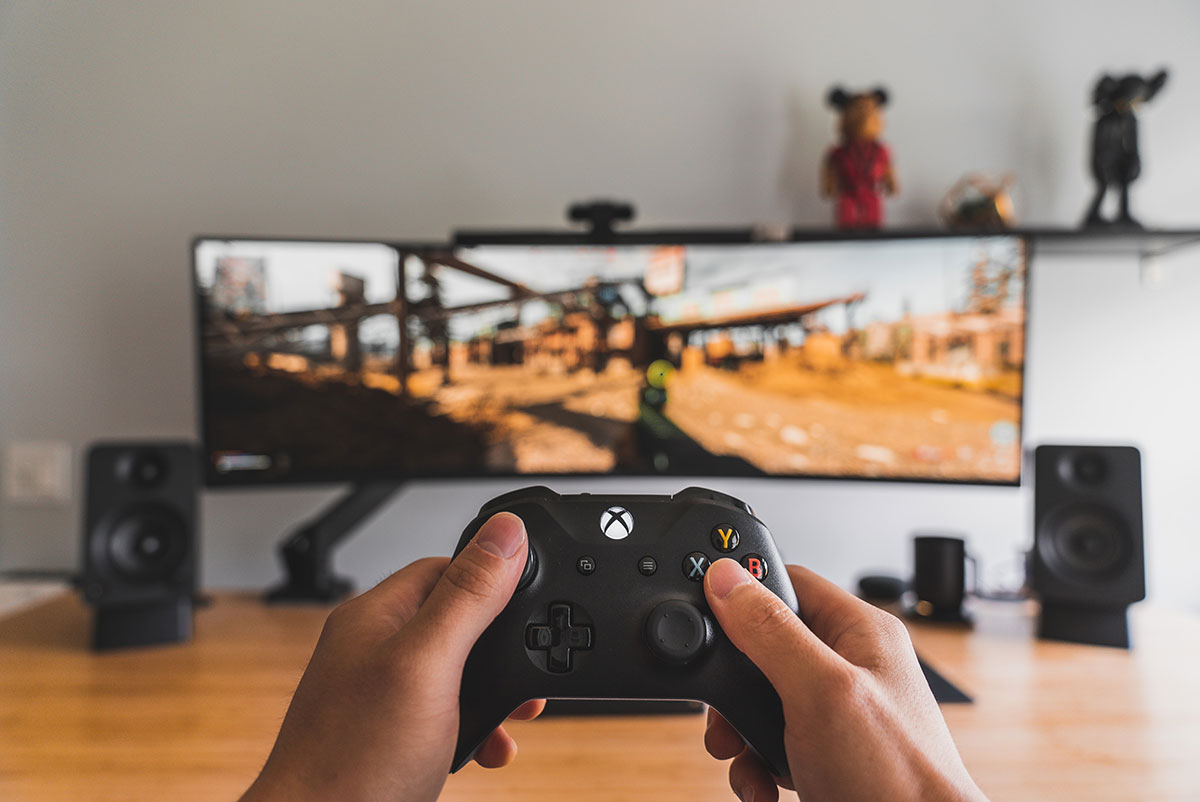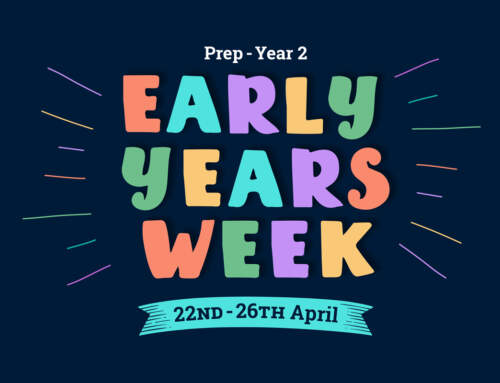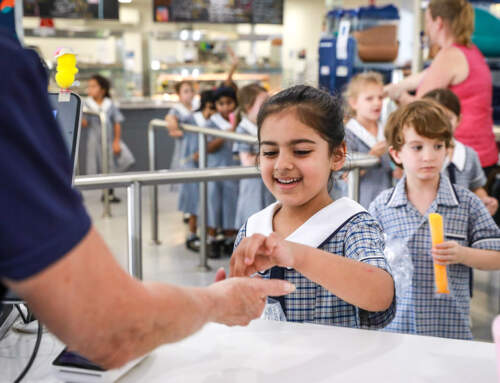In contemporary society, we find that the internet is a central and fundamental part of almost everybody’s life. It allows us to communicate quickly and even shop for the groceries without having to pack the kids in the car! However, with all of the benefits of the internet, there is a dark side that parents must be cognisant of.
In a nutshell, internet addiction is when a person spends excessive amounts of time on the internet which negatively impacts their life in the long-term. This form of addiction is relatively new and can have many different manifestations, which are:
1) Social networking
2) Online gambling
3) Online shopping
4) Pornography
5) Gaming
The paradox of the internet is that it proposes to advance communication and connectivity but can end up making people isolated and lonely in real life. The internet has the potential to both attract lonely people and create them! This is important to note as parents because one of the main attractions of internet addiction is the online socialisation aspect. This might make sense to those who get constant requests about wanting to buy a new headset for their game or complaints about slow internet speeds.
Internet Gaming Disorder (IGD) is on the rise in our modern world with Dr Stavropoulos identifying six symptoms of IGD:
1) Frequent preoccupation or obsession with internet gaming
2) Progressively higher doses of gaming to achieve the same outcome
3) Using gaming to modify mood or feelings
4) Conflict with others due to dysfunction in the gamer’s other roles
5) Failing in attempts to curb or stop gaming
6) Withdrawal symptoms when not gaming online
Massively Multiplayer Online Role-Playing Games (MMORPGs) has the potential to increase these symptoms in gamers. One of the reasons for this is because these games allow people to create and develop their own unique character, allowing them to be who they want to be. Often times this can reflect their idealised self, thus creating a disconnect between who they are in the real world and who they are in the gaming world.
As parents, if we are able to learn and discover what their idealised self is, we might be able to communicate with them about their developing values and beliefs. They might become more open to integrating who they are in the virtual world to who they are in the real world. The more we are able to encourage young people to engage and practice social skills in the real world the better off they will be for their futures.
If you are concerned about your child and would like to refer them to the school counsellor, please contact admin@mueller.qld.edu.au for a referral form.






